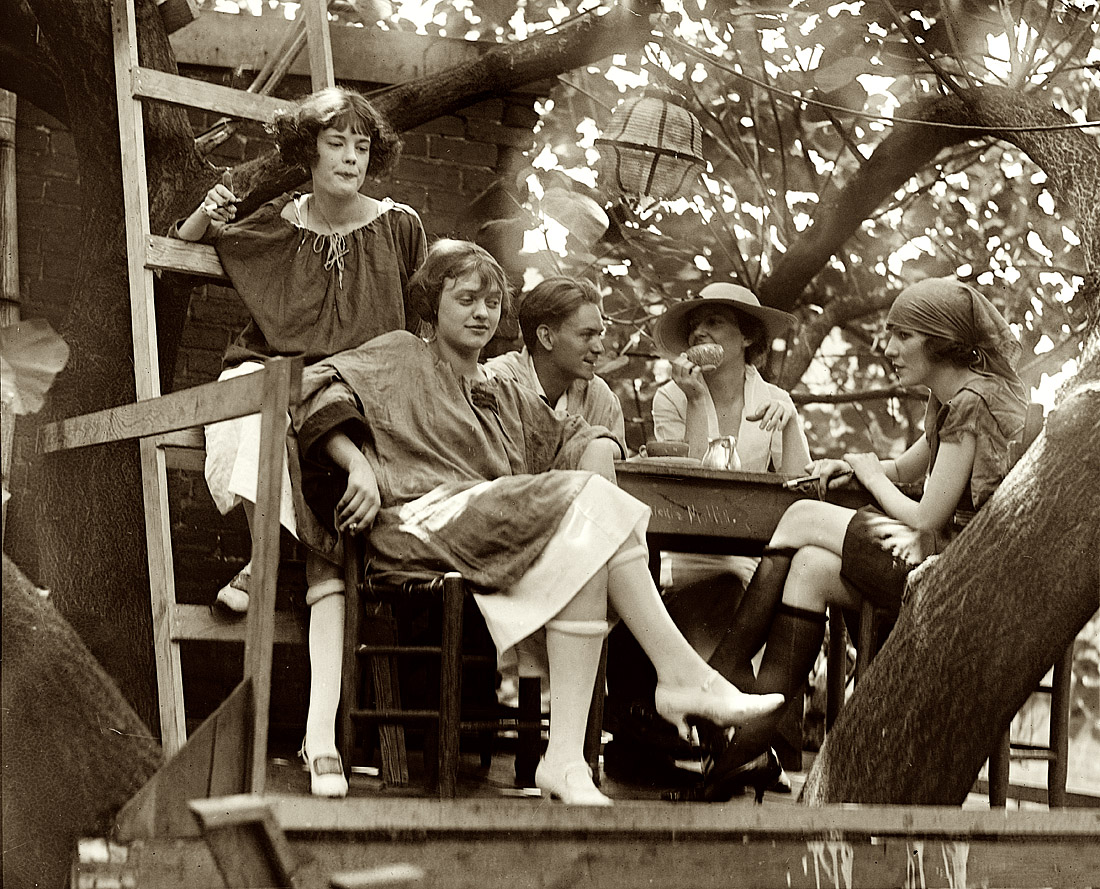It's Getting Harder All The Time
Written-By – B. Raleigh, C. Albertine
Performed by The Mindbenders
From the Columbia Picture, "To Sir, With Love"
The Mindbenders (originally the backing group for Wayne Fontana) were a 1960s beat group from Manchester, England. The band were one of the UK acts that were successful in the mid-1960s British Invasion of the US charts.
D C D C D C D C
D C D C
It's hard not to think about you,
D C D C
To keep you off my mind.
G Bm E
It's hard to live in a world without you,
G
And It's getting harder,
E
It's getting harder,
It's getting harder,
Am E
All the time.
D C D C
it's so hard to walk past the phone now,
D C D C
And not to try your line.
G Bm E
It's hard to try and make it alone now.
G
And It's getting harder,
E
It's getting harder,
It's getting harder,
Am
All the time.
F Am D C
Baby I've got no more foolish pride,
F Am D C
Baby I must have you by my side.
G Am G
Can't stop wishing for what I had,
Am G Am G C
Need your kisses and I need 'em bad.
D C D C
So hard to go on living,
D C D C
And know that you're not mine.
G Bm E
It's hard without all the love you've given
G
And It's getting harder,
E
It's getting harder,
It's getting harder,
Am E
All the time.
D C D C D C D C
G Bm E G
Ah, ah, ah, ah
G Bm D C E Am
F Am D C
Baby I've got no more foolish pride,
F Am D C
Baby I must have you by my side.
G Am G
Can't stop wishing for what I had,
Am G Am G C
Need your kisses and I need 'em bad.
D C D C
So hard to go on living,
D C D C
And know that you're not mine.
G Bm E
It's hard without all the love you've given
G
And It's getting harder,
E
It's getting harder,
It's getting harder,
Am E
All the time.
D C D C D C
Oh ———











